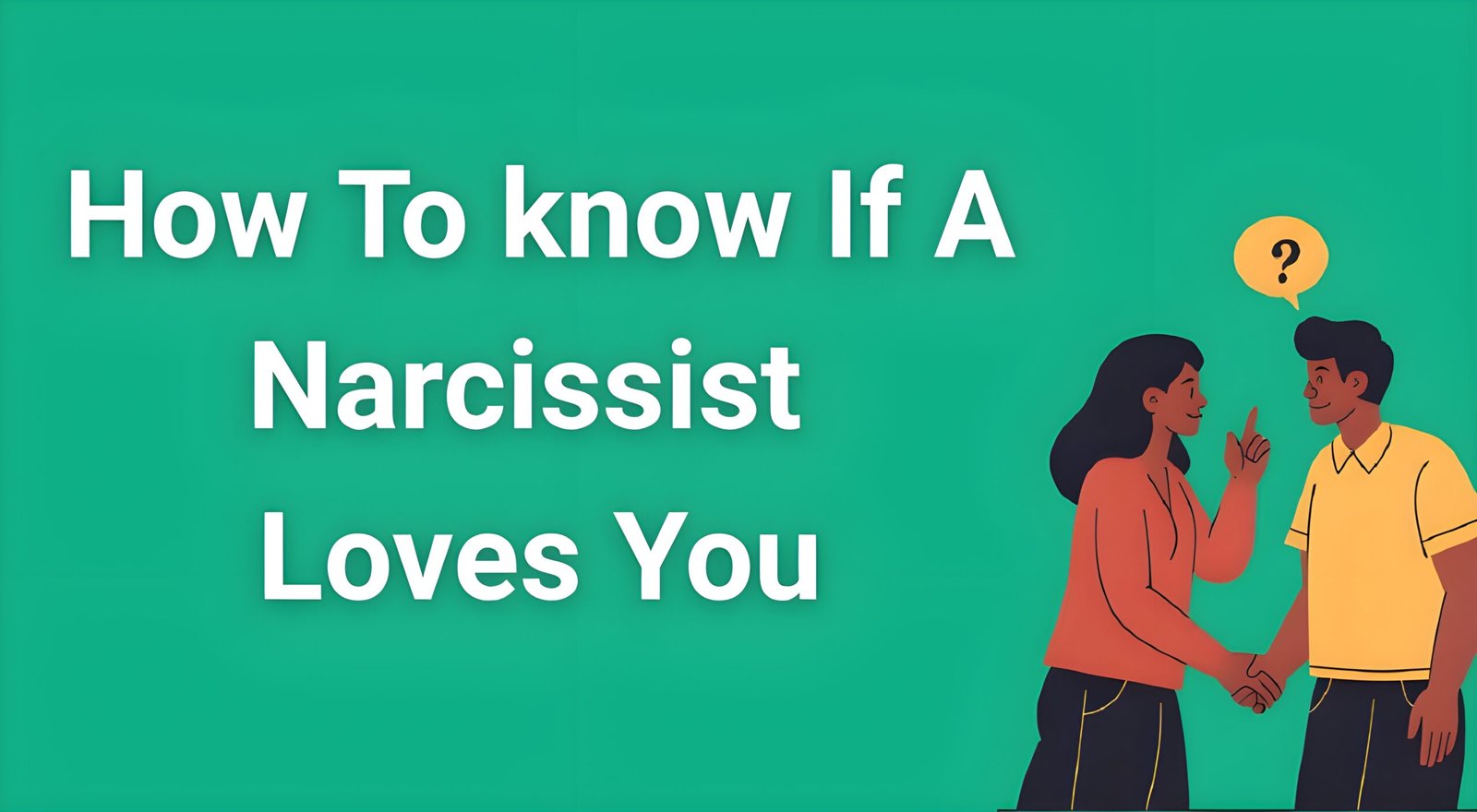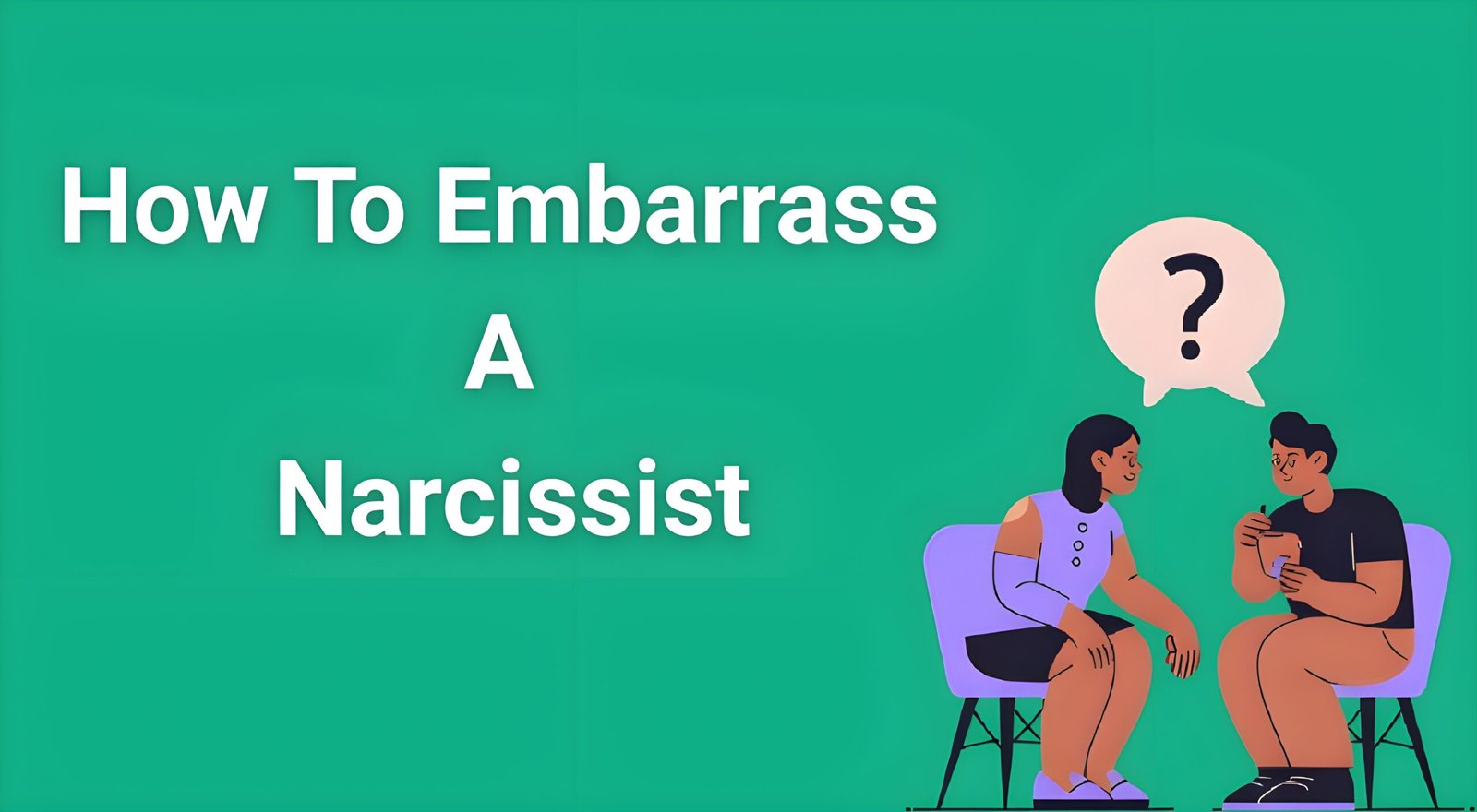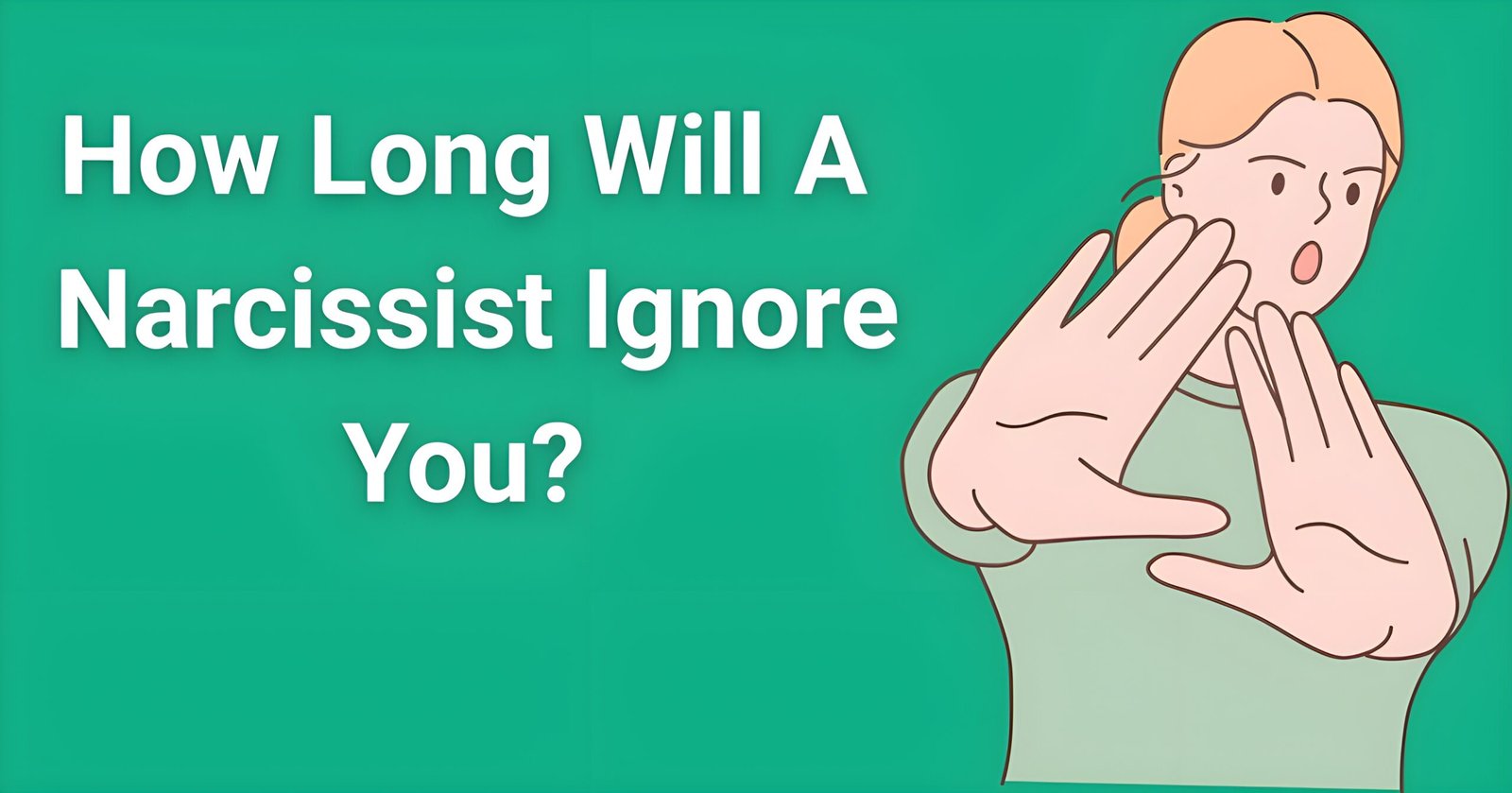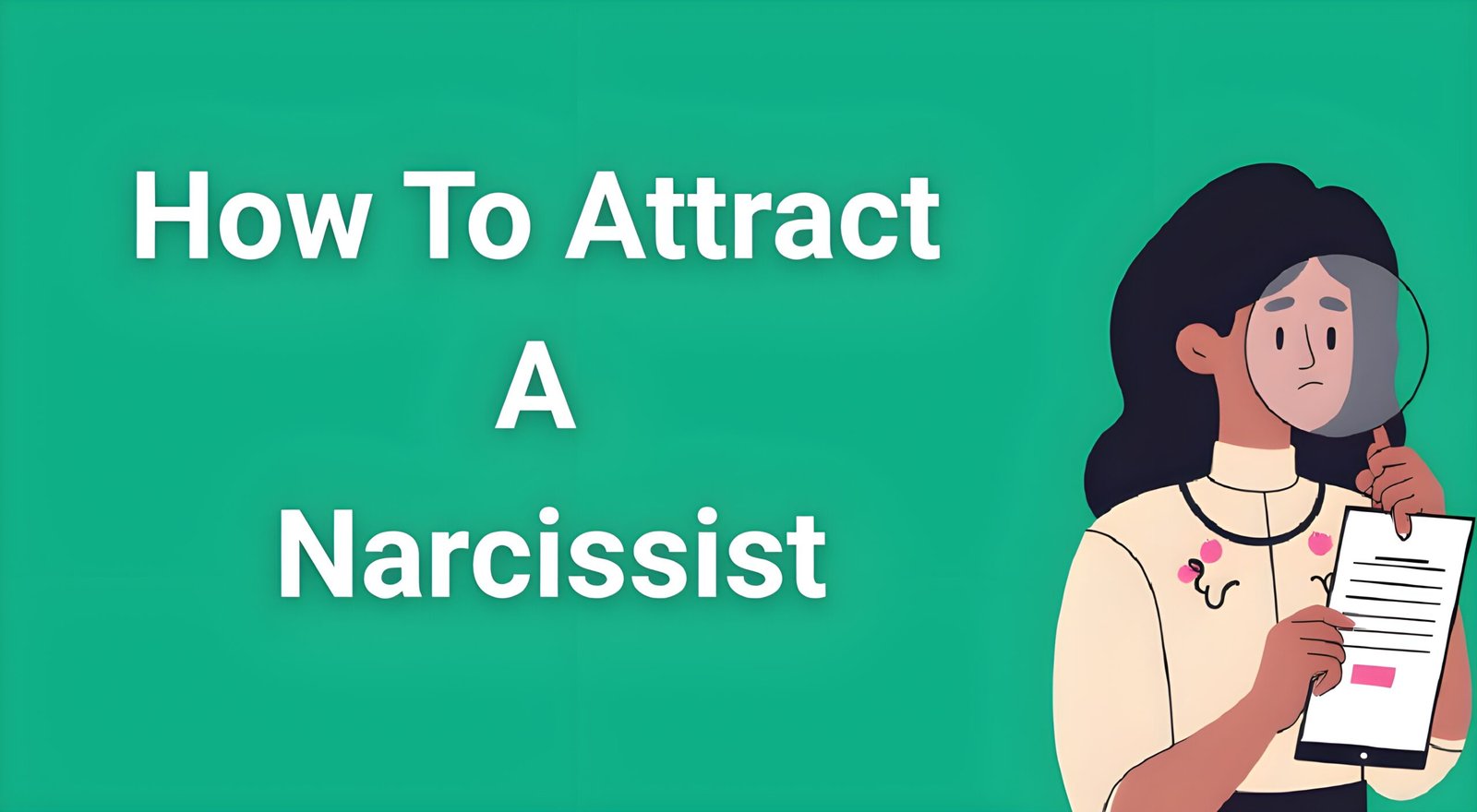If you’re desperately searching “how to know if a narcissist loves you,” you’re likely trapped in a cycle of confusion, hope, and heartbreak. The question itself reveals the emotional turmoil you’re experiencing – constantly analyzing their behavior, seeking signs of genuine affection, and questioning your own worth.
- The Shocking Reality About Narcissistic Love
- 12 Brutal Signs: How to Know if a Narcissist Loves You
- The Science Behind Narcissistic “Love”
- Breaking Free: What to Do With This Knowledge
- The Path Forward: Healing and Recovery
- Red Flags vs. Green Flags: What Real Love Looks Like
- Frequently Asked Questions
- Conclusion: Your Freedom Starts with Truth
The brutal truth? You’re asking the wrong question entirely.
Understanding how to know if a narcissist loves you requires grasping a fundamental reality that will shake your world: narcissists are incapable of love as emotionally healthy people experience it. What you interpret as love is actually a complex web of manipulation, control, and self-serving behavior designed to meet their needs while keeping you emotionally dependent.
This comprehensive guide will expose the 12 brutal signs that reveal the true nature of narcissistic “love,” help you understand the psychological mechanisms at play, and provide you with the clarity needed to make informed decisions about your relationship and future.
The Shocking Reality About Narcissistic Love
Before diving into the specific signs, it’s crucial to understand what love means to a narcissist versus what it means to emotionally healthy individuals.
What Real Love Actually Looks Like
Genuine love involves empathy, reciprocity, respect, and the desire to see your partner grow and thrive independently. It includes:
- Considering your partner’s needs alongside your own
- Supporting their individual goals and friendships
- Taking responsibility when you cause harm
- Communicating openly without manipulation
- Respecting boundaries and personal autonomy
How Narcissists Experience “Love”
For narcissists, what they call “love” is actually:
- Possession: You belong to them as an extension of their identity
- Utility: You serve specific functions in their life (ego boost, caretaking, status symbol)
- Control: Your emotions and behaviors must align with their needs
- Performance: You must consistently validate their superiority
- Conditional: Their “love” disappears when you fail to meet their expectations
Research published in the Journal of Personality shows that individuals with narcissistic traits prioritize their own needs so intensely that they struggle to form genuinely intimate connections with others.
12 Brutal Signs: How to Know if a Narcissist Loves You
1. Their “Love” Came With Immediate Intensity (Love Bombing)
When trying to determine how to know if a narcissist loves you, examine how your relationship began. Did they profess deep love within weeks? Did they shower you with excessive attention, gifts, and promises of a perfect future together?
What it looks like:
- “I’ve never felt this way about anyone” (after knowing you two weeks)
- Expensive gifts early in the relationship
- Constant texting and calls demanding immediate responses
- Pushing for quick commitments (moving in together, marriage talk)
- Making you feel like you’ve found your “soulmate”
The brutal truth: This isn’t love – it’s love bombing, a manipulation tactic designed to quickly secure your emotional attachment. Real love develops gradually as two people genuinely get to know each other.
2. You Feel Like You’re Walking on Eggshells
One of the clearest indicators when learning how to know if a narcissist loves you is examining how you feel in their presence. Genuine love creates safety and comfort, not anxiety and hypervigilance.
What it looks like:
- Constantly monitoring your words to avoid triggering their anger
- Feeling anxious about their mood when they come home
- Changing your behavior, appearance, or opinions to please them
- Apologizing frequently for things that aren’t your fault
- Feeling like you can never truly relax around them
The brutal truth: Love doesn’t require you to shrink yourself or live in fear. If you’re walking on eggshells, you’re not experiencing love – you’re experiencing emotional abuse disguised as a relationship.
3. Their “Love” Disappears When You Set Boundaries
Understanding how to know if a narcissist loves you becomes crystal clear when you attempt to establish healthy boundaries. Narcissists view boundaries as personal attacks and respond with punishment, not respect.
What it looks like:
- Silent treatment when you say “no” to their requests
- Rage or emotional manipulation when you spend time with friends
- Accusations of being “selfish” or “ungrateful” for having needs
- Threats to leave or find someone “better” when you assert yourself
- Making you feel guilty for having basic human needs
The brutal truth: Someone who truly loves you will respect your boundaries, not punish you for having them. Conditional affection based on compliance isn’t love – it’s control.
4. You’re Their Emotional Dumping Ground
Another critical sign when determining how to know if a narcissist loves you is analyzing the emotional reciprocity in your relationship. Narcissists expect you to manage their emotions while showing little interest in yours.
What it looks like:
- They vent about their problems for hours but show impatience when you share yours
- Your emotional needs are minimized or dismissed
- They expect you to fix their bad moods and problems
- Your role becomes managing their emotions and ego
- They seem genuinely confused when you need emotional support
The brutal truth: Love involves mutual emotional support and genuine interest in each other’s inner worlds. If you’re always giving but never receiving, you’re not in a loving relationship – you’re functioning as an unpaid therapist.
5. They Punish You for Individual Success
When learning how to know if a narcissist loves you, pay attention to their reaction to your achievements, friendships, and personal growth. Genuine love celebrates your successes; narcissistic “love” sees them as threats.
What it looks like:
- Minimizing your accomplishments (“Anyone could have done that”)
- Creating drama or conflicts during your important moments
- Sabotaging your friendships or career opportunities
- Competing with you instead of supporting you
- Making your successes about them (“You couldn’t have done it without me”)
The brutal truth: Someone who loves you wants to see you thrive and grow. If they’re threatened by your independence and success, they don’t love you – they want to possess and control you.
6. Gaslighting is Their Love Language
A devastating sign when determining how to know if a narcissist loves you is the presence of gaslighting – making you question your own reality, memories, and perceptions.
What it looks like:
- “That never happened” when you recall hurtful incidents
- “You’re being too sensitive” when you express legitimate concerns
- “You’re crazy” or “You’re imagining things” when you notice red flags
- Rewriting history to make themselves look better
- Making you doubt your own memories and sanity
The brutal truth: Love includes honesty and validation of your reality. If someone consistently makes you question your sanity, they’re not loving you – they’re systematically breaking down your psychological defenses.
7. You Exist to Reflect Their Greatness
Understanding how to know if a narcissist loves you requires recognizing whether you’re valued as an individual or as an accessory to their image.
What it looks like:
- Your worth is tied to how you make them look to others
- They show affection mainly in public or on social media
- Your individual preferences and personality are ignored or criticized
- You feel like a prop in their life story
- They’re embarrassed by you when you don’t meet their image standards
The brutal truth: Real love appreciates you for who you authentically are, not for how you serve their image. If you feel like a supporting character in their life movie, you’re not being loved – you’re being used.
8. Their Empathy is Performative, Not Genuine
A crucial aspect of learning how to know if a narcissist loves you involves examining their capacity for genuine empathy versus performed concern.
What it looks like:
- They seem to understand emotions intellectually but not feel them
- Their comfort feels rehearsed or generic
- They quickly redirect conversations back to themselves
- They remember what you said but not how you felt
- Their empathy has an “off switch” when it becomes inconvenient
The brutal truth: Love requires genuine empathy and emotional attunement. If their concern feels fake or calculated, it probably is – they’re mimicking empathy they’ve observed, not feeling it.
9. Reconciliation Always Follows the Same Script
When determining how to know if a narcissist loves you, examine the pattern of your conflicts and reconciliations. Genuine relationships involve growth and change; narcissistic relationships follow predictable cycles.
What it looks like:
- The same fights repeat with no resolution or growth
- Apologies focus on your reaction, not their behavior
- They promise to change but patterns remain identical
- “Honeymoon periods” feel increasingly short and shallow
- You find yourself apologizing for their mistreatment of you
The brutal truth: Love involves genuine remorse, behavior change, and growth. If you’re trapped in repetitive cycles without progress, you’re not experiencing love – you’re experiencing the calculated manipulation of the abuse cycle.
10. Your Pain Feeds Their Power
A particularly brutal sign when learning how to know if a narcissist loves you is recognizing whether your emotional distress increases or decreases their attention and engagement.
What it looks like:
- They seem most interested when you’re upset or vulnerable
- Your tears or desperation trigger their affection
- They create problems and then position themselves as the solution
- They appear energized by your emotional chaos
- Calm, happy periods seem to bore them
The brutal truth: Healthy love seeks to minimize your pain, not exploit it. If they seem to feed off your emotional distress, they don’t love you – they’re addicted to the power they have over your emotions.
11. They’ve Never Genuinely Apologized
Understanding how to know if a narcissist loves you includes analyzing their capacity for genuine accountability and remorse.
What it looks like:
- Apologies always include “but” followed by justifications
- They apologize for your feelings, not their actions (“I’m sorry you feel that way”)
- Apologies are quickly followed by expectations of immediate forgiveness
- They become angry when you don’t immediately accept their apologies
- Past hurts are never acknowledged or addressed meaningfully
The brutal truth: Love includes the capacity for genuine remorse and accountability. If they’ve never truly apologized without conditions or justifications, they lack the emotional capacity for genuine love.
12. They Can’t Celebrate Your Happiness Without Making It About Them
The final brutal sign when determining how to know if a narcissist loves you is examining their reaction to your genuine joy and contentment.
What it looks like:
- Your happiness is redirected to focus on their contribution
- They compete with your joy by sharing their “better” experiences
- They seem uncomfortable or bored when you’re genuinely happy
- Your celebrations become about them somehow
- Independent happiness threatens them
The brutal truth: Real love delights in your happiness for its own sake. If they can’t celebrate your joy without centering themselves, they don’t love you – they’re incapable of genuine love.
The Science Behind Narcissistic “Love”
Research in neuroscience and psychology reveals why narcissists cannot love in the way emotionally healthy individuals do:
Brain Structure Differences
Studies using brain imaging show that individuals with narcissistic personality disorder have:
- Reduced gray matter in areas associated with empathy
- Hyperactivity in regions linked to self-focus and grandiosity
- Impaired connections between emotional processing centers
Attachment Patterns
Narcissistic individuals typically develop:
- Insecure attachment styles rooted in childhood trauma or excessive praise
- Defensive mechanisms that prevent genuine intimacy
- Inability to see others as separate individuals with independent worth
Emotional Processing Deficits
Research indicates narcissists experience:
- Shallow emotional processing that lacks depth and permanence
- Difficulty accessing genuine emotions beyond anger and superiority
- Confusion between love and possession, admiration and exploitation
Breaking Free: What to Do With This Knowledge
Now that you understand how to know if a narcissist loves you – and the brutal truth that they cannot – you face a critical decision point. This knowledge, while painful, provides the clarity needed to make informed choices about your future.
Recognize the Trauma Bond
Understanding trauma bonding is crucial for anyone learning how to know if a narcissist loves you. The cycle of abuse followed by intermittent reinforcement creates powerful psychological chains that can feel like love but are actually addiction-like responses to abuse.
The combination of fear and relief creates biochemical responses similar to addiction, making it incredibly difficult to leave even when you intellectually understand the relationship is harmful.
If you’re struggling to break free from these psychological chains, specialized resources can help. The 30-Day Trauma Bond Recovery Workbook provides a scientifically-based system for breaking free from the neurological addiction created by narcissistic abuse. This comprehensive program addresses the brain chemistry that keeps you trapped, offering daily exercises designed to rewire your neural pathways and reclaim your autonomy.
Accept the Reality of Your Situation
The question “how to know if a narcissist loves you” has been answered definitively: they cannot love you in any meaningful way. Their “love” is a complex performance designed to meet their needs while keeping you emotionally dependent.
This reality, while devastating, is also liberating. You can stop:
- Trying to earn their love through perfect behavior
- Analyzing their every action for signs of genuine care
- Believing that if you just love them enough, they’ll change
- Sacrificing your needs and identity for their approval
Develop a Safety Plan
Whether you’re ready to leave immediately or need time to prepare, developing a safety plan is crucial. This might include:
- Building or rebuilding your support network
- Securing financial independence
- Gathering important documents
- Creating safe spaces for yourself
- Developing coping strategies for manipulation attempts
For those who cannot leave their situation immediately, “How to Survive When You Can’t Leave Yet” provides essential strategies for protecting your mental health and preparing for eventual freedom while still in the relationship.
Get Professional Clarity
The confusion created by narcissistic abuse often leaves survivors questioning their own perceptions and sanity. Getting an objective, professional analysis of your situation can provide the validation and clarity needed to move forward.
A Narcissistic Abuse Clarity Report offers personalized analysis from a certified specialist who understands the complex dynamics of narcissistic relationships. This confidential assessment can help you:
- Understand the specific type of narcissist you’re dealing with
- Identify manipulation tactics being used against you
- Develop personalized protection strategies
- Create a roadmap for healing and recovery
- Validate your experiences and feelings
The confusion you’re experiencing isn’t a reflection of your intelligence or strength – it’s the intended result of sophisticated psychological manipulation.
The Path Forward: Healing and Recovery
Learning how to know if a narcissist loves you is just the beginning of your journey toward healing and authentic relationships. The process of recovery involves several critical phases:
Phase 1: Reality Recognition
Accepting the truth about narcissistic “love” and your specific situation. This phase often involves grief as you mourn the relationship you thought you had and the person you believed they were.
Phase 2: Breaking the Trauma Bond
Addressing the psychological and neurological addiction created by the cycle of abuse. This requires specific strategies to rewire your brain’s response patterns and reduce the compulsive pull toward your abuser.
Phase 3: Rebuilding Identity
Rediscovering who you are outside of the narcissistic relationship. Years of manipulation often leave survivors disconnected from their authentic selves, preferences, and values.
Phase 4: Establishing Healthy Boundaries
Learning to recognize and maintain healthy relationship boundaries – something that may have been systematically eroded during the narcissistic relationship.
Phase 5: Attracting Healthy Love
Understanding what genuine love looks and feels like so you can recognize and accept healthy relationships in the future.
Red Flags vs. Green Flags: What Real Love Looks Like
After learning how to know if a narcissist loves you, it’s essential to understand what healthy love actually looks like:
Green Flags of Genuine Love:
- Consistency: Their behavior matches their words over time
- Respect: They honor your boundaries and individual autonomy
- Growth: They encourage your personal development and friendships
- Accountability: They take responsibility for their mistakes and make genuine changes
- Safety: You feel emotionally and physically safe in their presence
- Reciprocity: Both partners give and receive emotional support
- Independence: They maintain their own identity while building something together
Continuing Red Flags to Avoid:
Understanding how to know if a narcissist loves you should help you recognize these warning signs in future relationships:
- Love bombing or excessive early intensity
- Pressure to commit quickly or isolate from others
- Conditional affection based on your compliance
- Gaslighting or reality distortion
- Inability to apologize genuinely or take accountability
- Competition rather than celebration of your success
Frequently Asked Questions
Can a narcissist ever genuinely love someone?
While narcissists may experience intense attachment and possessiveness, they lack the empathy, respect, and selflessness required for genuine love. What they call “love” is typically a combination of possession, utility, and ego gratification.
How do I know if I’m trauma bonded to a narcissist?
Trauma bonding occurs when cycles of abuse create addictive-like attachments. Signs include feeling unable to leave despite knowing the relationship is harmful, constantly thinking about them, and experiencing physical withdrawal symptoms when apart.
Why do I keep going back even when I know how to know if a narcissist loves you?
Trauma bonds create neurological patterns similar to addiction. Your brain has been conditioned to crave the intermittent reinforcement they provide, making leaving feel impossible despite intellectual understanding.
Can therapy help a narcissist learn to love?
While some narcissists may benefit from intensive therapy, the fundamental empathy deficits that prevent genuine love are extremely difficult to change. Most mental health professionals recommend focusing on your own healing rather than trying to change them.
How long does it take to recover from narcissistic abuse?
Recovery timelines vary greatly depending on the duration and severity of abuse, your support system, and access to appropriate resources. Many survivors report significant progress within 6-12 months of going no-contact, but deeper healing often takes years.
Should I tell them what I’ve learned about how to know if a narcissist loves you?
Generally, no. Confronting a narcissist with information about their disorder typically results in increased manipulation, rage, or love bombing to regain control. Focus on your own safety and healing instead.
Conclusion: Your Freedom Starts with Truth
The question “how to know if a narcissist loves you” has led you to a painful but essential truth: they cannot love you in any meaningful way. Their “love” is a performance designed to meet their needs while keeping you emotionally dependent and available for exploitation.
This reality, while devastating, is also the key to your freedom. You no longer need to:
- Exhaust yourself trying to earn unattainable love
- Question your worth based on their treatment of you
- Analyze their every action for signs of genuine care
- Sacrifice your identity and needs for their approval
The confusion, self-doubt, and emotional chaos you’ve experienced aren’t reflections of your inadequacy – they’re the predictable results of narcissistic manipulation. You deserve genuine love, respect, and emotional safety.
Your healing journey begins with accepting this truth and taking concrete steps toward freedom. Whether you’re ready to leave immediately or need time to prepare, remember that every step toward clarity and self-protection is progress.
The path forward isn’t easy, but it’s possible. Thousands of survivors have walked this journey before you and emerged stronger, wiser, and capable of experiencing authentic love. Your freedom starts with truth – and the truth is that you deserve so much more than what a narcissist can offer.
You are worthy of genuine love, respect, and happiness. The first step toward receiving these gifts is recognizing that you cannot find them in a relationship with someone incapable of providing them.
Your healing starts now. Your freedom begins with this moment of clarity.
Your authentic life – filled with genuine love and healthy relationships – is waiting for you to claim it.






